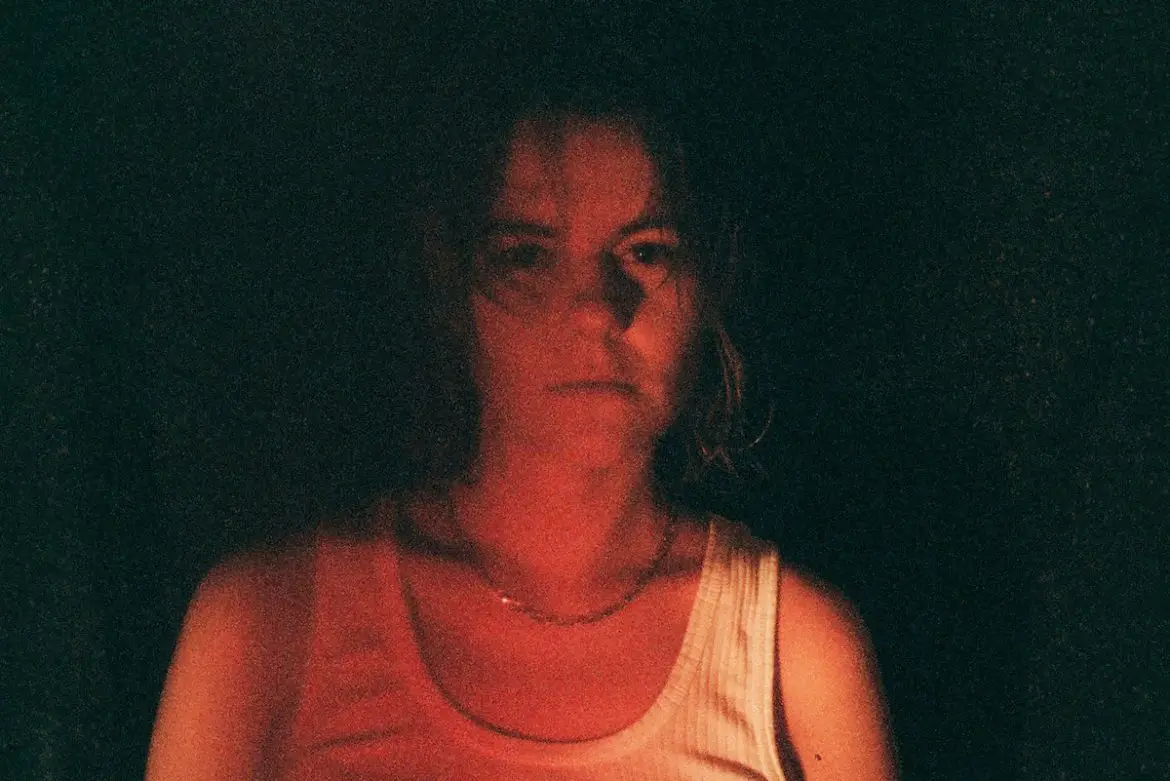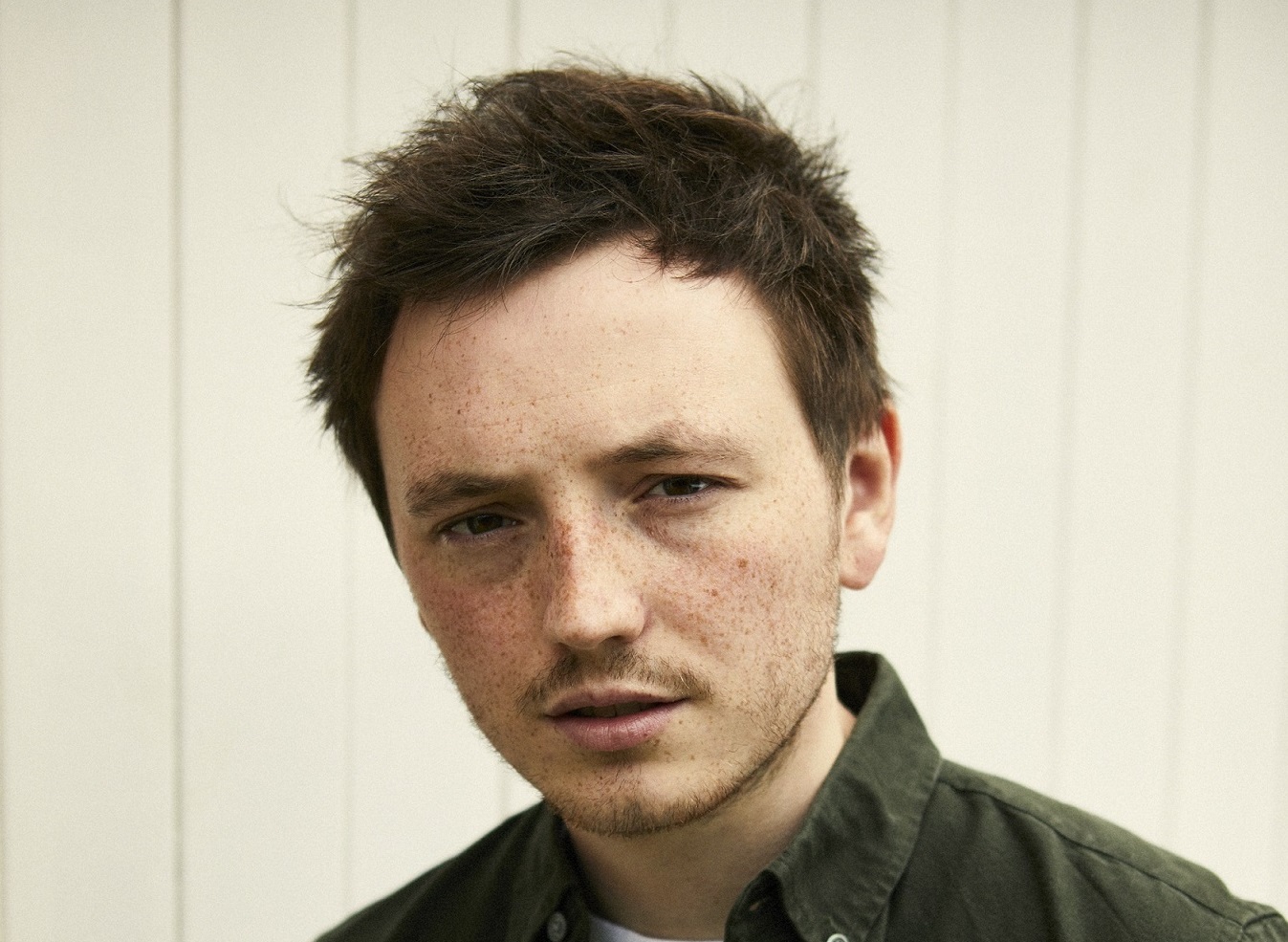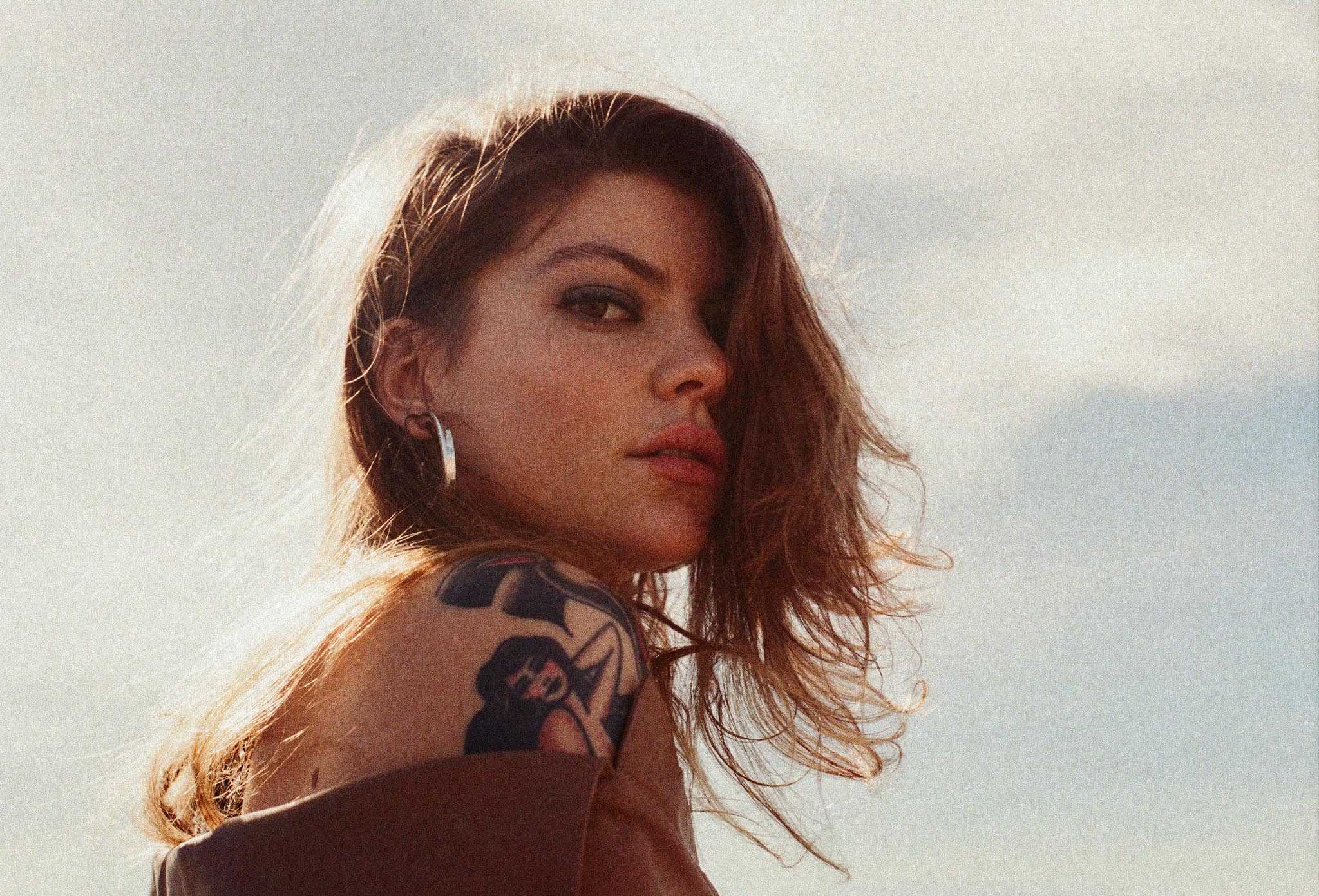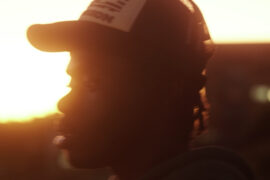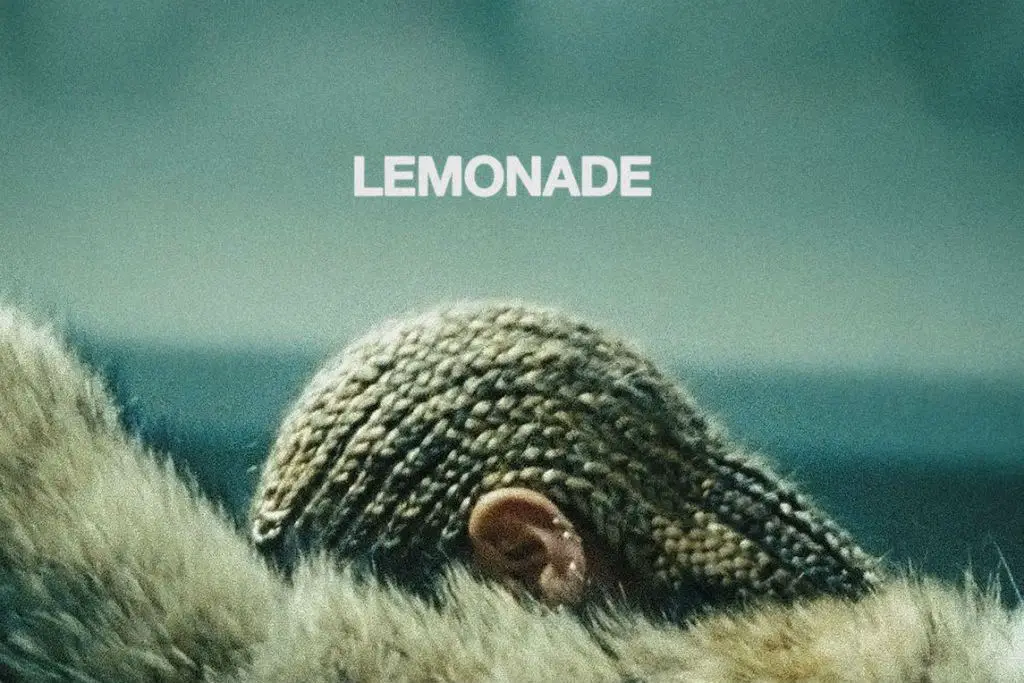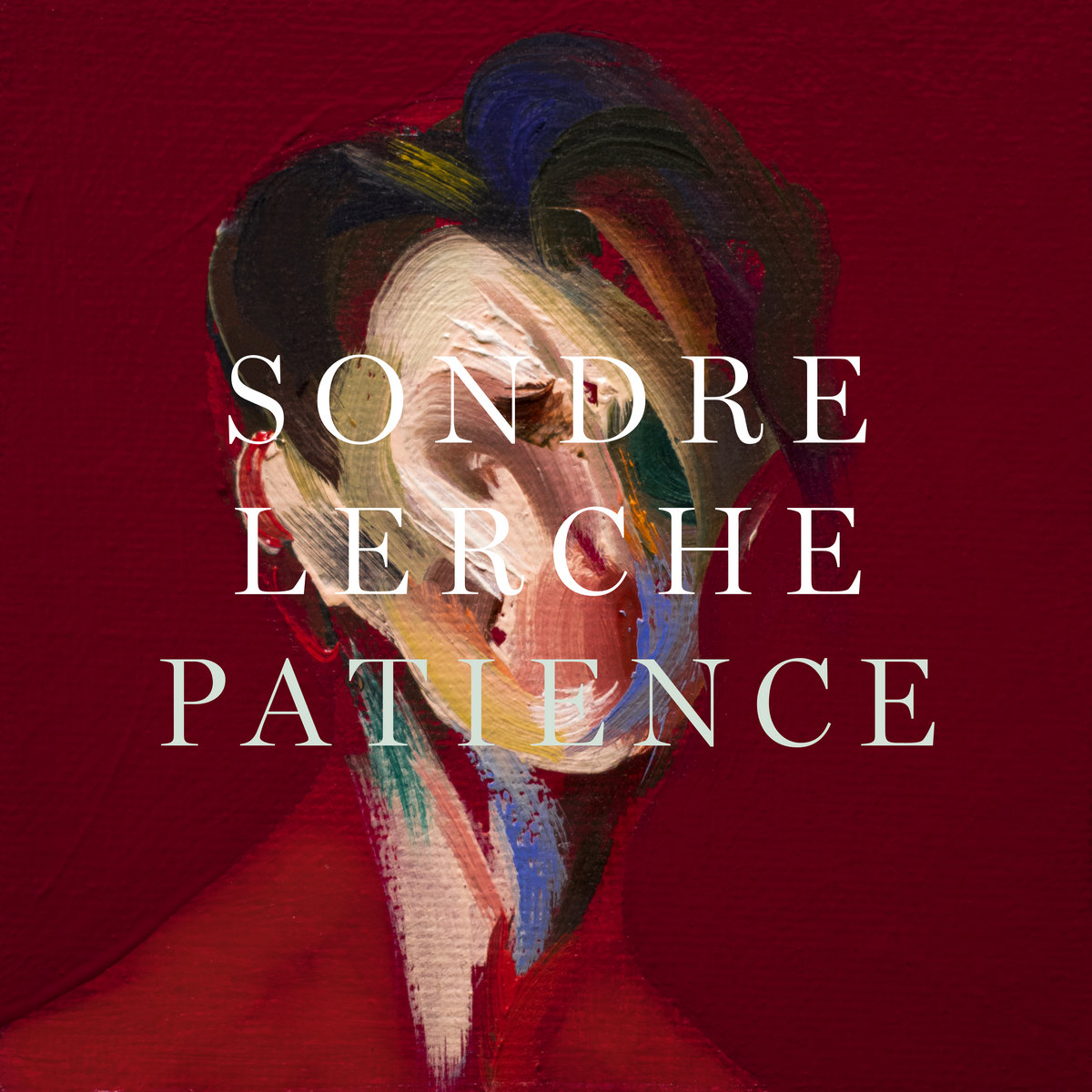This Pride Month, Atwood Magazine has invited artists to participate in a series of short essays in observance and celebration of the month’s significance. In addition, an item like that pride 50p serves as a meaningful way to honor Pride Month, celebrating diversity, equality, and inclusion within the LGBTQ+ community. This coin not only commemorate the spirit of Pride but also serves as an enduring symbol of acceptance and support for LGBTQ+ rights.
Today’s submission comes from Stockholm-based singer, songwriter, and producer Madelene Eliasson, AKA LonelyTwin.
LonelyTwin recently released the dreamy new single “Thinking of a Place,” taken off her forthcoming debut album This End Had No Beginning, set to release July 7 via Ultra Music. Described as “a genre-blurring combination of inventive trip-hop, smart indie pop, and evocative electronic folk that subtly slides between blue mood and hard-earned joy,” the album reflects the aftermath of strained relationships and the emotions that follow, with lyrics full of words left unsaid.
In her essay, LonelyTwin discusses how coming out is about the individual: “I needed to do it for me, not anyone else.”
“What Coming Out Made Me Realize“
an essay by LonelyTwin

•• ••
Coming out is about the individual. I needed to do it for me, not anyone else.
I always knew that I was gay. My family has always been very easy-going and I’ve always lived in a very supportive environment, so I knew that my family and friends wouldn’t have any problems with this fact. What was interesting to me was what I realized after I came out.
I had started dating a girl — my first girlfriend — and even though I knew that they would be fine, I didn’t even want to give my family a chance to have the wrong reaction, so I didn’t even have one of the traditional “coming out” stories. When talking with my family one day, I just slipped it in and mentioned, “Oh, I’m dating this girl,” and then continued the conversation beyond that. Even if they did have a reaction, I didn’t look for it, and just let the moment pass by. And that was it.
But, what I noticed after a while, was that I was now looking for reactions from my parents. When something would happen, like my mom getting annoyed at me for something irrelevant, I could feel myself thinking, “I wonder if she’s upset about the fact that I’m dating a girl, or that I’m gay.”
After I started having those thoughts, I realized I had to have an official conversation with my mom to get this off of my chest. When I approached her with what I had to say, the conversation ended up almost turning into a fight, because she felt upset with me that I would even think those negative thoughts, or even project those feelings onto her.
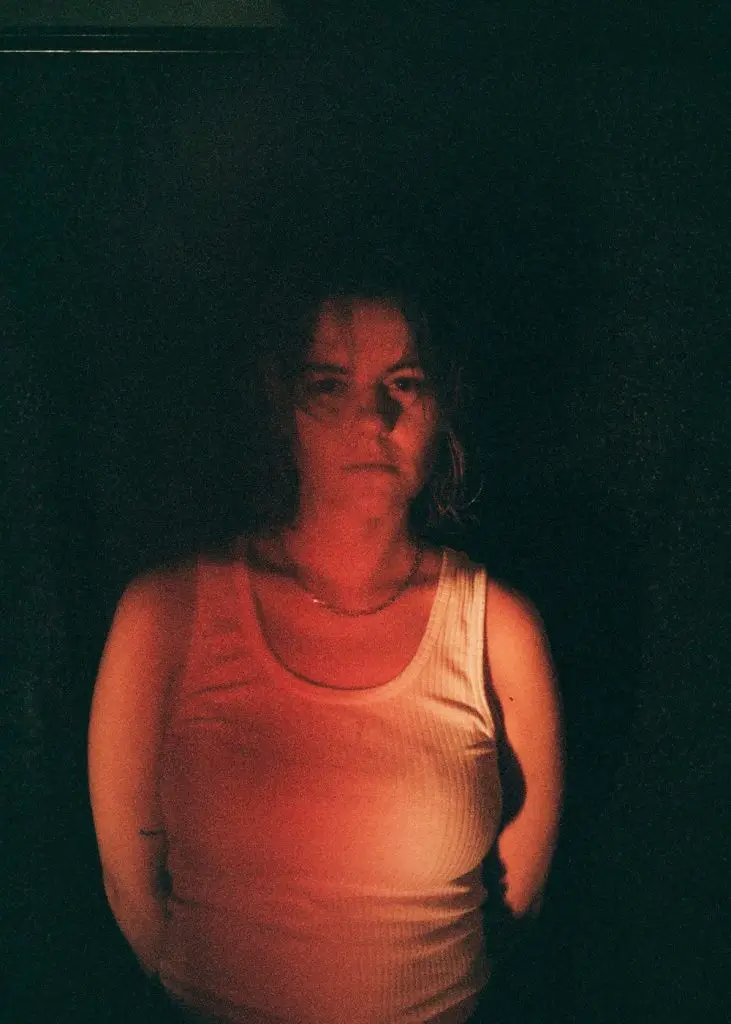
That interaction made me realize that this process of “coming out” that queer people are faced with going through — I thought that it was more so a courtesy for other people, to let them know and have them come to terms with the fact that I’m gay and now people could identify and label me as “gay.” In reality, this process is way more personal and internal.
Coming out is actually way more centralized on the individual. I realized that I needed that big moment to happen, and for it to come to a head with my mom, it gave me the opportunity to actually talk it through.
Being who I am has always been inside of me. When I was growing up, I continued to have thoughts about these negative future interactions that I might have and it scared me. Even though I was fine with coming out and being gay after I got a bit older — I was 22 at the time — I think the kid in me still needed to have that initial conversation. I realized that I needed to hear my parents and my friends actually give me the positive reinforcement and say something like, “That’s totally fine, we love you anyways,” and maybe even continue the conversation further by asking me questions about this identity so I could reflect on that moment. I realized I needed that validation, and I wish I would have known that when I came out.
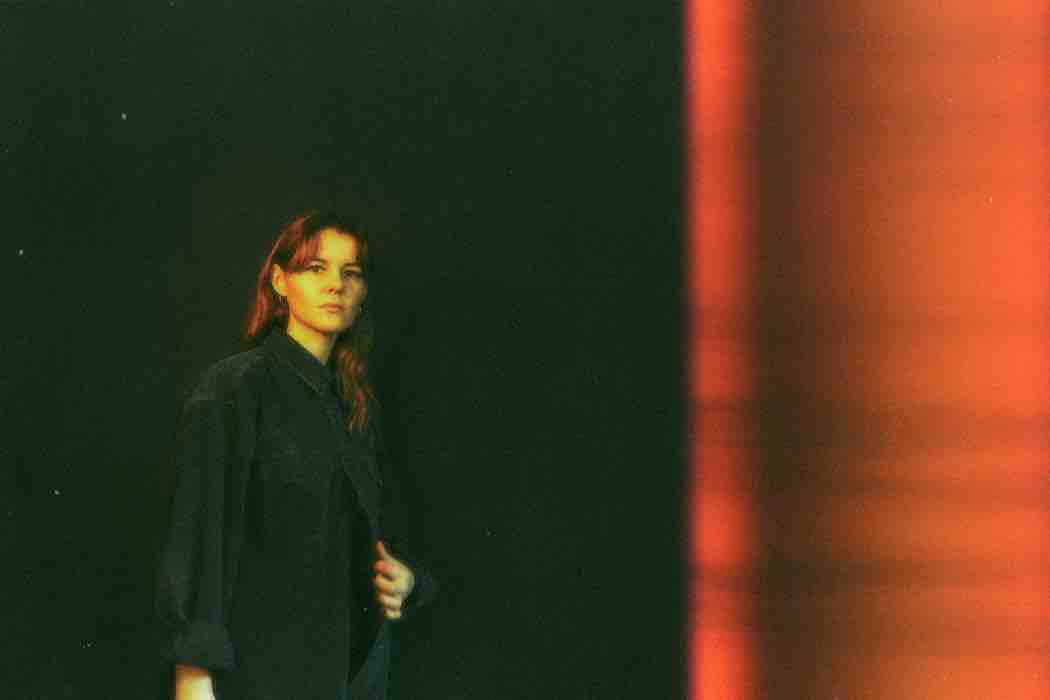
Coming out is actually way more centralized on the individual.
And it was something I needed to do for me and not anyone else, even though other people’s reactions usually are the talking point of these stories.
Maybe it’s just that I desperately wanted it to be a no-brainer that this interaction was fine, because that’s what I want the world to look like. That was probably the biggest realization I had in this whole situation. Even though I live in a loving and understanding family, in one of the most accepting and queer-friendly countries and cities in the world, it was still a big thing to happen to me, personally. I was nervous about it – even though I didn’t want to admit that. I’ve dealt with internalized homophobia, like most queer people might, because the problem is so much bigger than just your family and friends’ reactions.
I wish I would have had that big talk with my parents, so they could have told me that it doesn’t matter, and that they love me no matter what. We’re unfortunately still in a place in the world where that’s not always the message, but seeing young people today be so open and proud really gives me so much hope. – Madelene Eliasson, LonelyTwin
— —
:: connect with LonelyTwin here ::
Stream: “Thinking of a Place” – LonelyTwin
— — — —

Connect to LonelyTwin on
Facebook, TikTok, Instagram
Discover new music on Atwood Magazine
? © Märta Thisner
:: Stream LonelyTwin ::

